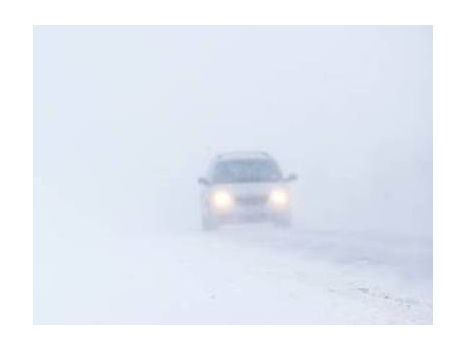Music On Podcasts May Finally Be Close, As Pex Brings Licensing Service To Market.
- Inside Audio Marketing

- Nov 2, 2020
- 3 min read

The quest to bring music into podcasts has been a hot topic during the past several Podcast Movements, but as each conference arrived the industry seemed no closer to plugging into such content. That may soon change, however, as an announcement last week was enough for the moderator to respond, “There is hope.”
Pex, the music monitoring service, revealed it has launched a new service that will allow podcast-hosting companies to begin allowing podcasts with songs to finally reach listeners. What it is calling Attribution Engine will simplify the licensing process between music owners and podcasters. By making ownership information more transparent, Pex says it should allow for more easily negotiated terms while also providing “scale and consistency” to what is currently a complicated and fragmented licensing system.
“We work with indies and majors – it is literally the world’s catalog of popular music,” said Bob Barbiere, Senior VP of Digital Rights at Pex. He told Podcast Movement that the company has formed a group of advisors drafting the first podcast market licenses. “They will be foundational to building the podcast industry on, such that any creator could use almost any music real-time and not have the fear [their show] will be taken down,” said Barbiere.
Pex is currently working with several podcast-hosting companies that are implementing the feature. Barbiere expects the music licensing feature to start becoming available in early 2021. He said there is likely to be “different economics” tied to each track, depending on whether a song is owned by a big record company or an indie label.
Pantheon Media, whose podcast network includes more than 40 music-based shows, is among the first to back Pex’s efforts. “This is an opportunity for rights holders to get a wider net and a bigger megaphone by utilizing podcasters,” said Pantheon founder/CEO Christian Swain. He has also created the Alliance of Music Podcasters to build a database of producers to ensure that music podcast creators will have a seat at the licensing table alongside the music companies, licensing companies, and podcast-hosting companies.
It is not just podcasters who want a path to be created between the music and podcast industries. So do rights holders. Jorge Brea, founder and CEO of Symphonic Distribution, a Tampa-based digital music distribution company, said he too wants to get music into podcasts, but it is not an easy task. “It’s difficult for a company like us to interact with podcasts in an easy-to-do fashion,” he said. Not only is there not a marketplace connecting music license holders and podcasters, but the royalty picture isn’t clear without a royalty structure or music use tracking. “We’re very interested in this space,” said Brea. “If there is a solution that makes it easier, that should solve a lot.”
Podcasts As Music Promoters
It is currently estimated that 17% of all podcasts contain music, but the demand for music is widely believed to be far greater. The overwhelming majority of shows feature none because there is not a way for most podcasters to legally license music, and the services that do offer music do not include the song's producers want to tuck into an episode.
“Right now, the process is really confusing and time-consuming. It means licensing each individual track from all the rights holders,” said attorney Elizabeth Moody, head of the new media practice at the San Francisco law firm Ganderson Des Rochers. “There is also no easy process for royalty tracking, so it’s not only frustrating for podcasters, but it’s frustrating for rights holders. They end up licensing on a lump-sum basis, not really knowing if they’re going to get paid in the future or what is being used,” she said.
Swain agrees that it remains “a bit of the Wild West” for podcast music usage, but as a formal system develops he thinks the industry will be able to play a role in promoting records not unlike radio and other media.
“I’ve got plenty of anecdotal data that shows people listen to our podcasts, they are inspired, they have a deeper emotional connection with an artist, and then they go consume as much of that catalog as they possibly can,” said Swain. “We know we are providing a service to license holders, but we need a solution that is fair.”
Barbiere predicted there will be certain podcasts that music rights holders will want to be on, and the economics of such licensing may shift in the podcaster’s favor in those situations. But for now, the market doesn’t have the ability to do that. “Now it is a matter of the working group coming together and finalizing what these first set of agreements will look like,” he said.




Comments